Gandhi charges: Narendra Modi's 'vendetta' against India's opposition
Another episode threatens to spark uproar in the Indian PM's long-running battle against the country's first family
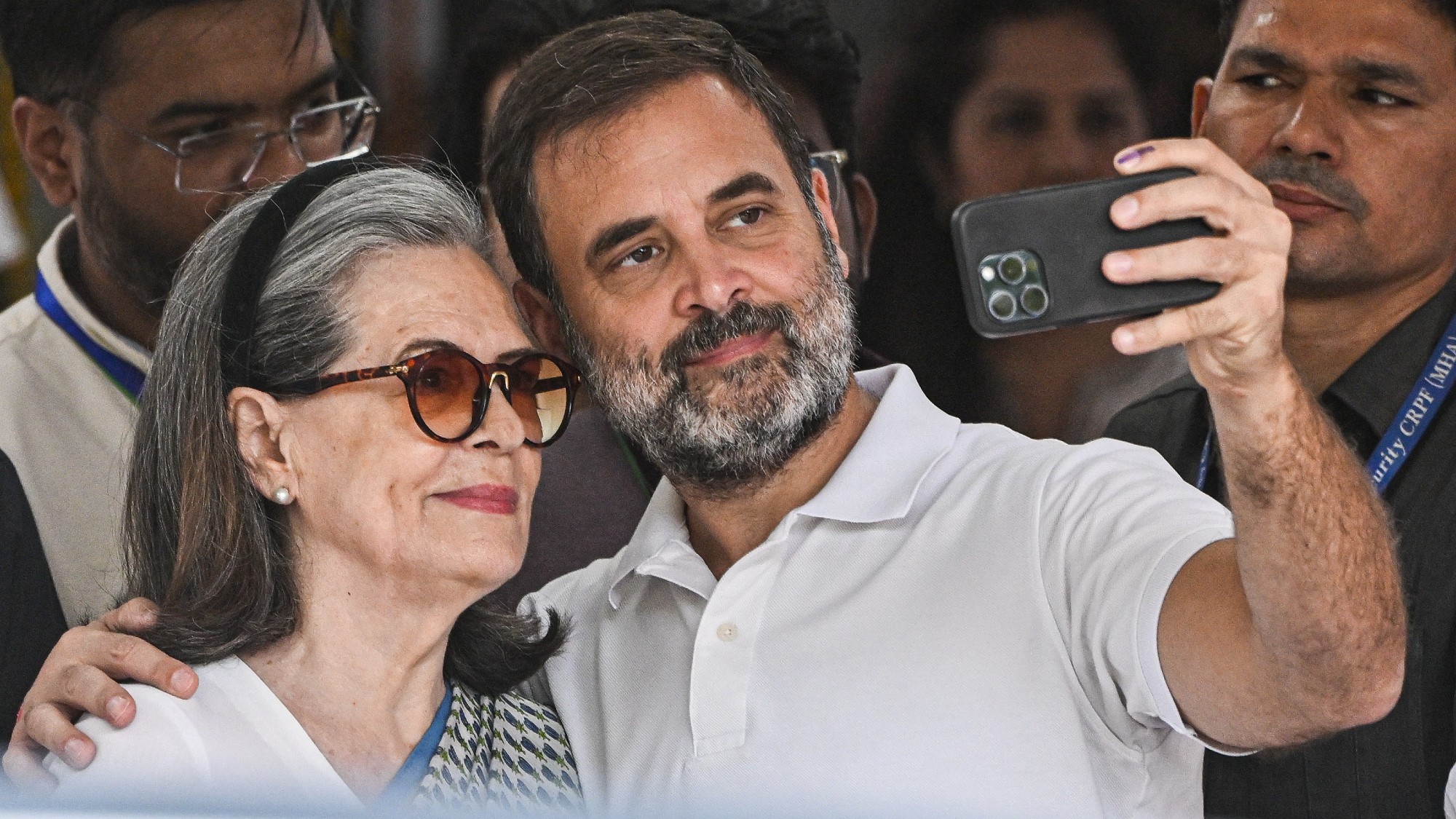
A free daily email with the biggest news stories of the day – and the best features from TheWeek.com
You are now subscribed
Your newsletter sign-up was successful
The leader of India's opposition party and great-grandson of its first prime minister has been charged with money laundering, in what his allies claim is part of a "vendetta" by Narendra Modi.
India's financial crime-fighting agency charged Rahul Gandhi, his mother Sonia and other members of the Congress party last week, accusing the family of forming a shell company to acquire assets of the National Herald newspaper illegally. The Nehru-Gandhi family (known as the Gandhis, but no relation to Mahatma Gandhi) have previously denied wrongdoing in the long-running case, although haven't commented on the charges.
But Congress spokesperson Jairam Ramesh described the allegations as "politics of vendetta and intimidation, external" by the governing Bharatiya Janata Party (BJP) and the prime minister.
The Week
Escape your echo chamber. Get the facts behind the news, plus analysis from multiple perspectives.

Sign up for The Week's Free Newsletters
From our morning news briefing to a weekly Good News Newsletter, get the best of The Week delivered directly to your inbox.
From our morning news briefing to a weekly Good News Newsletter, get the best of The Week delivered directly to your inbox.
Who are the Nehru-Gandhi family?
The Gandhis are the "first family of Indian politics", said Al Jazeera. They have ruled for almost half the years since India's independence in 1947. Jawaharlal Nehru, the country's inaugural and longest-serving prime minister, was followed by his daughter Indira, and later his grandson Rajiv. And their party, the Congress, is "synonymous" with the family. It governed India almost continuously until 2014, when Modi's BJP swept to power in a landslide.
But for Modi and his allies, the Gandhi dynasty is still "an object of intense loathing that manifests itself in visceral outbursts", said The Times. Modi "routinely singles the family out for behaving as though they were 'born' to rule India". Sonia "tends to be spared the worst epithets", but her son Rahul has been called "everything from an entitled 'prince' to having only one talent: the Gandhi name".
What is the case?
India's Enforcement Directorate, the agency that investigates financial crimes, began looking into the case in 2021 after a complaint filed by a member of the BJP.
Subramanian Swamy claimed that in 2010 the Gandhis used Congress party funds to take over Associated Journals Limited, which used to publish the National Herald – one of India's oldest newspapers, started by Jawaharlal Nehru. The paper ceased publication in 2008 after long-standing financial troubles, but was relaunched as a digital news outlet in 2016.
A free daily email with the biggest news stories of the day – and the best features from TheWeek.com
Associated Journals cleared its arrears by "swapping its debt for equity and assigning the shares to a newly created company", the Young Indian, said the BBC. Sonia and Rahul Gandhi are two of the company's directors; they each own 38%, with the remaining 24% owned by Congress leaders. The couple were questioned by the enforcement agency in 2022 as part of a probe into the case.
The allegation is that through the purchase of Associated Journals, the Gandhis illegally assumed control of its valuable real estate assets across several Indian cities, worth $300 million.
A hearing is scheduled for 25 April.
What is the defence?
The Congress "maintains that it bailed out the publisher due to its historical legacy", said the BBC, claiming it had lent the company more than 900 million rupees over the years. The party said the Young Indian was a not-for-profit company, and accused Modi's BJP of using the directorate and other federal agencies as "attack dogs".
"It's the BJP being determined to remain the predominant party and look invincible by weakening the Congress with these allegations and telling voters it can't provide an alternative to the BJP," Neerja Chowdhury, an Indian political analyst, told The Times.
The Prevention of Money Laundering Act, which came into effect in 2005, allows the Enforcement Directorate to summon anyone without giving a reason. According to data compiled by Reuters last year, the powerful agency has summoned, questioned or raided nearly 150 opposition politicians since Modi came to power in 2014, leading to criticism that it has become a "weapon" of the prime minister to "cull political opponents".
"Financial and investigative agencies of the government have been weaponised to harass, intimidate, silence, and criminalise independent critical voices in the country," said Amnesty International.
Harriet Marsden is a senior staff writer and podcast panellist for The Week, covering world news and writing the weekly Global Digest newsletter. Before joining the site in 2023, she was a freelance journalist for seven years, working for The Guardian, The Times and The Independent among others, and regularly appearing on radio shows. In 2021, she was awarded the “journalist-at-large” fellowship by the Local Trust charity, and spent a year travelling independently to some of England’s most deprived areas to write about community activism. She has a master’s in international journalism from City University, and has also worked in Bolivia, Colombia and Spain.
-
 House votes to end Trump’s Canada tariffs
House votes to end Trump’s Canada tariffsSpeed Read Six Republicans joined with Democrats to repeal the president’s tariffs
-
 Bondi, Democrats clash over Epstein in hearing
Bondi, Democrats clash over Epstein in hearingSpeed Read Attorney General Pam Bondi ignored survivors of convicted sex offender Jeffrey Epstein and demanded that Democrats apologize to Trump
-
 Are Big Tech firms the new tobacco companies?
Are Big Tech firms the new tobacco companies?Today’s Big Question Trial will determine if Meta, YouTube designed addictive products
-
 Biggest political break-ups and make-ups of 2025
Biggest political break-ups and make-ups of 2025The Explainer From Trump and Musk to the UK and the EU, Christmas wouldn’t be Christmas without a round-up of the year’s relationship drama
-
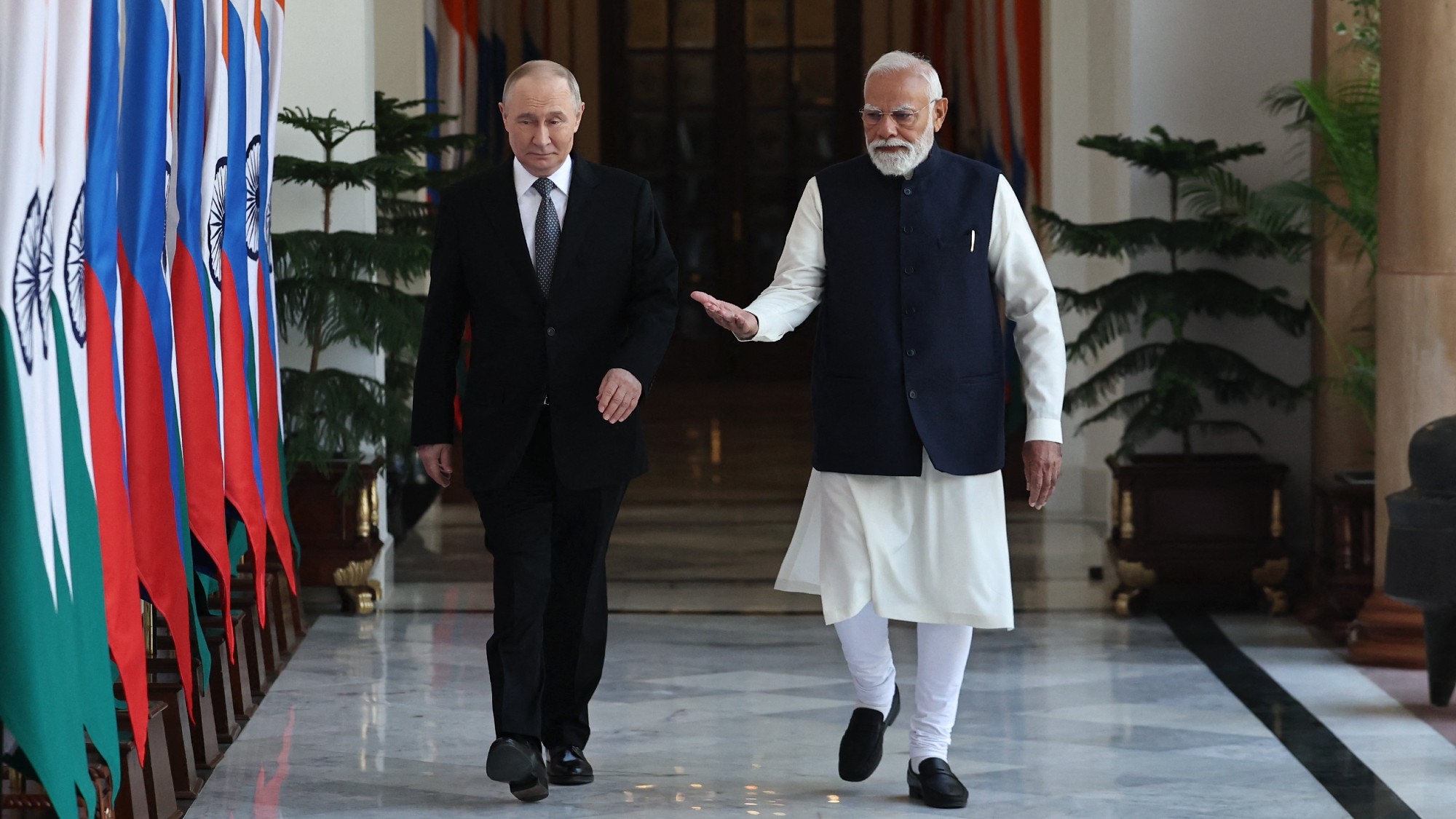 Is a Putin-Modi love-in a worry for the West?
Is a Putin-Modi love-in a worry for the West?Today’s Big Question The Indian leader is walking a ‘tightrope’ between Russia and the United States
-
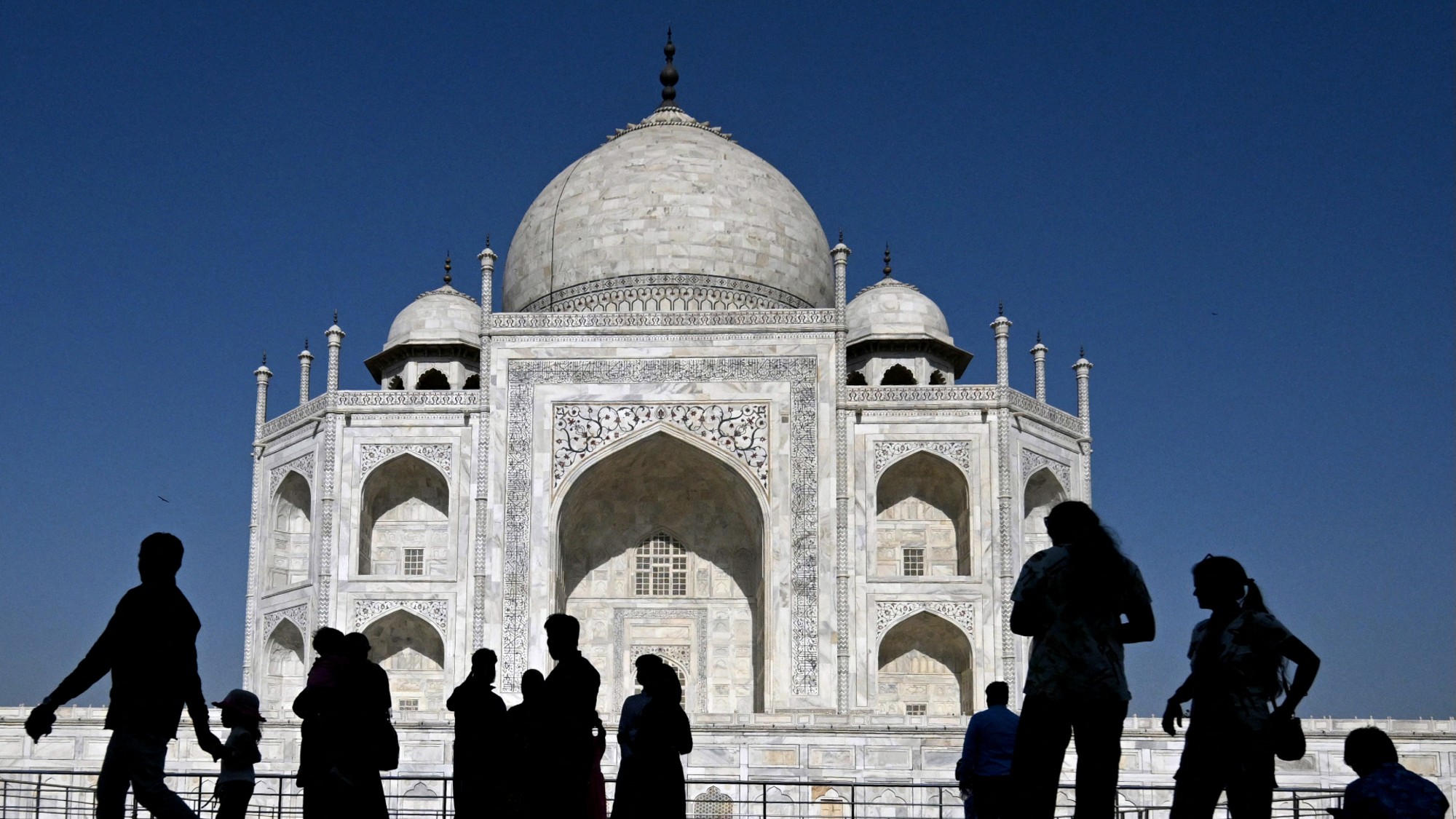 ‘These attacks rely on a political repurposing’
‘These attacks rely on a political repurposing’Instant Opinion Opinion, comment and editorials of the day
-
 'Total rat eradication in New York has been deemed impossible'
'Total rat eradication in New York has been deemed impossible'Instant Opinion Opinion, comment and editorials of the day
-
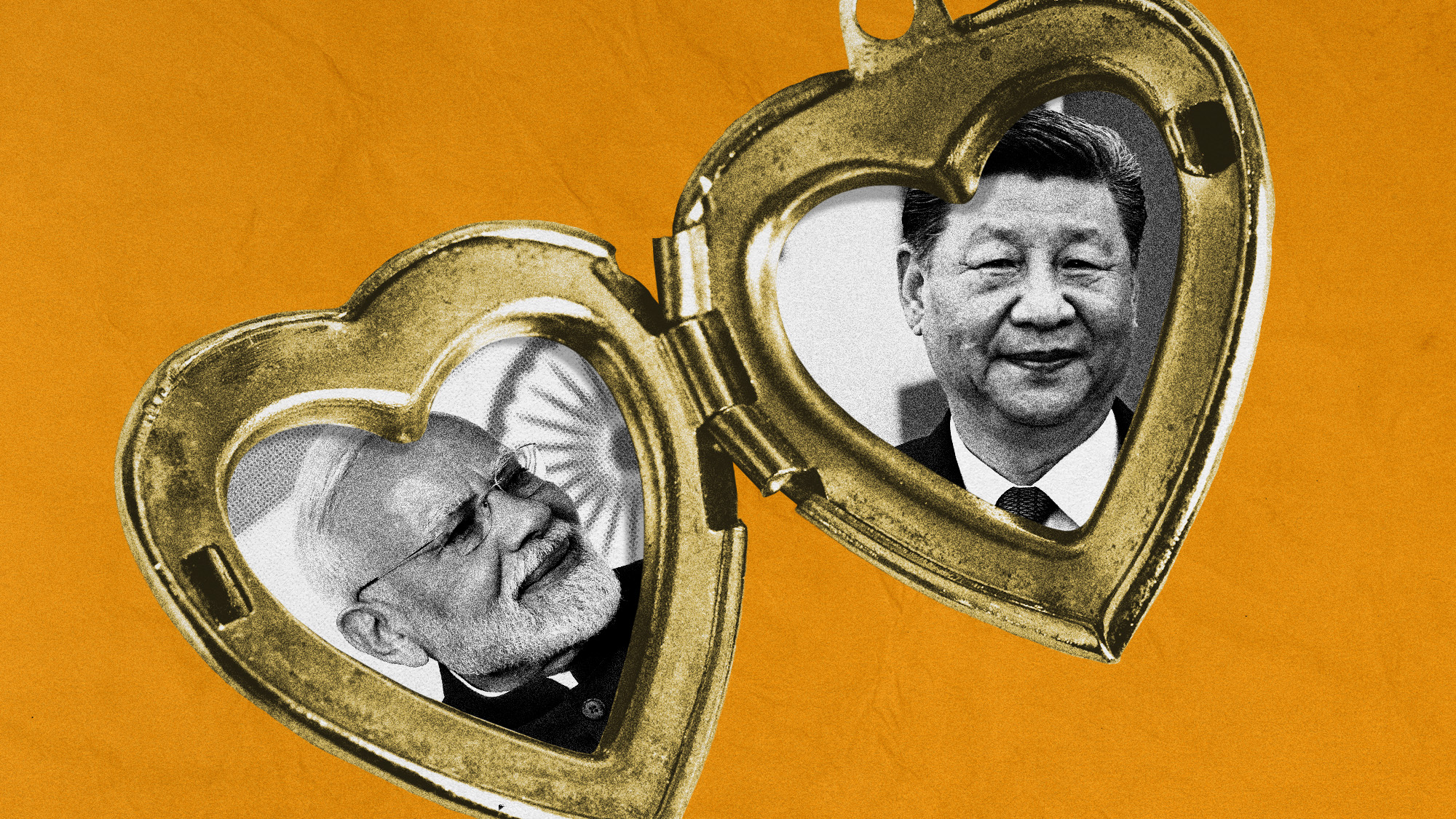 Did Trump just push India into China's arms?
Did Trump just push India into China's arms?Today's Big Question Tariffs disrupt American efforts to align with India
-
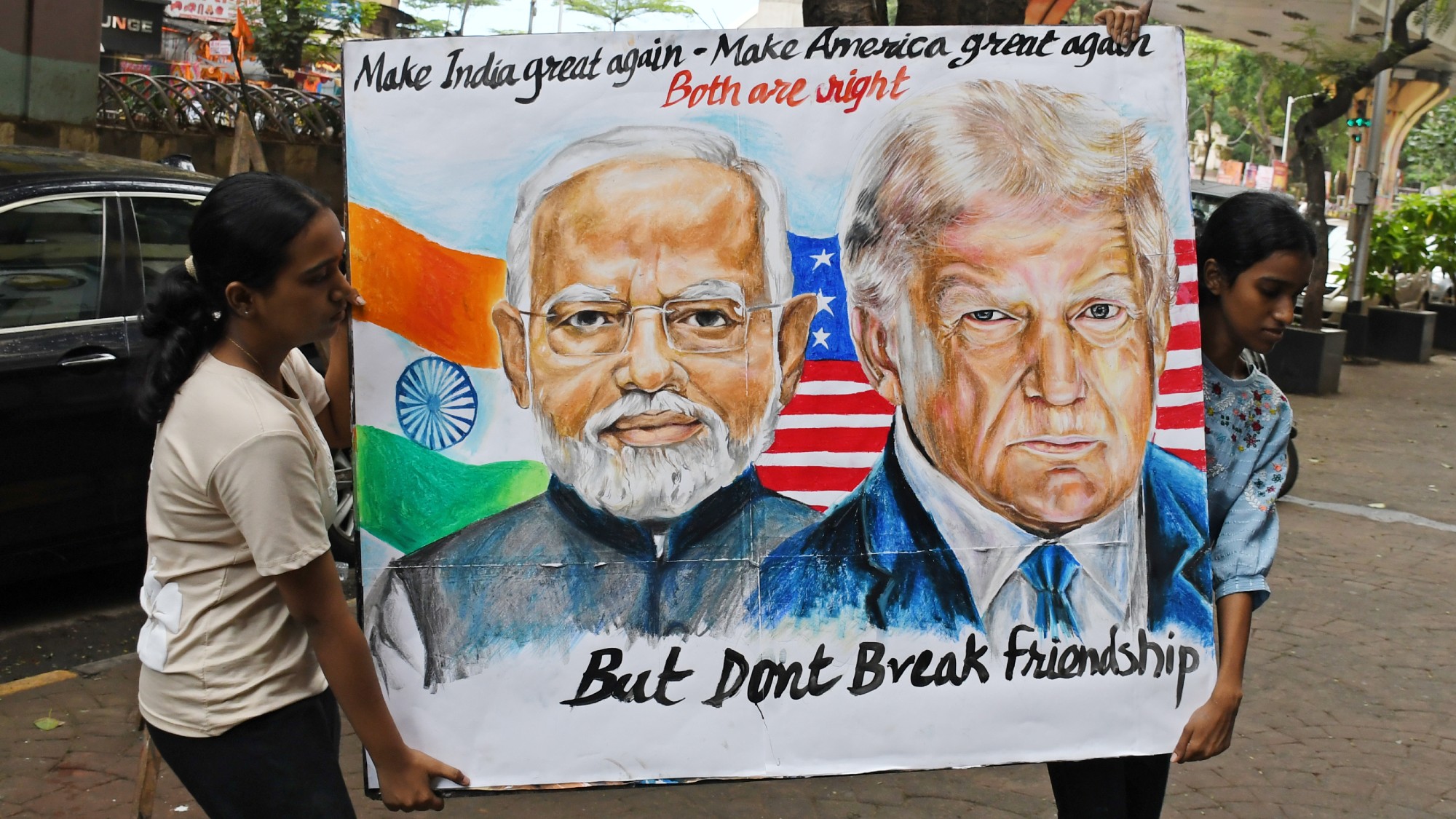 Trump and Modi: the end of a beautiful friendship?
Trump and Modi: the end of a beautiful friendship?In the Spotlight Harsh US tariffs designed to wrest concessions from Delhi have been condemned as 'a new form of imperialism'
-
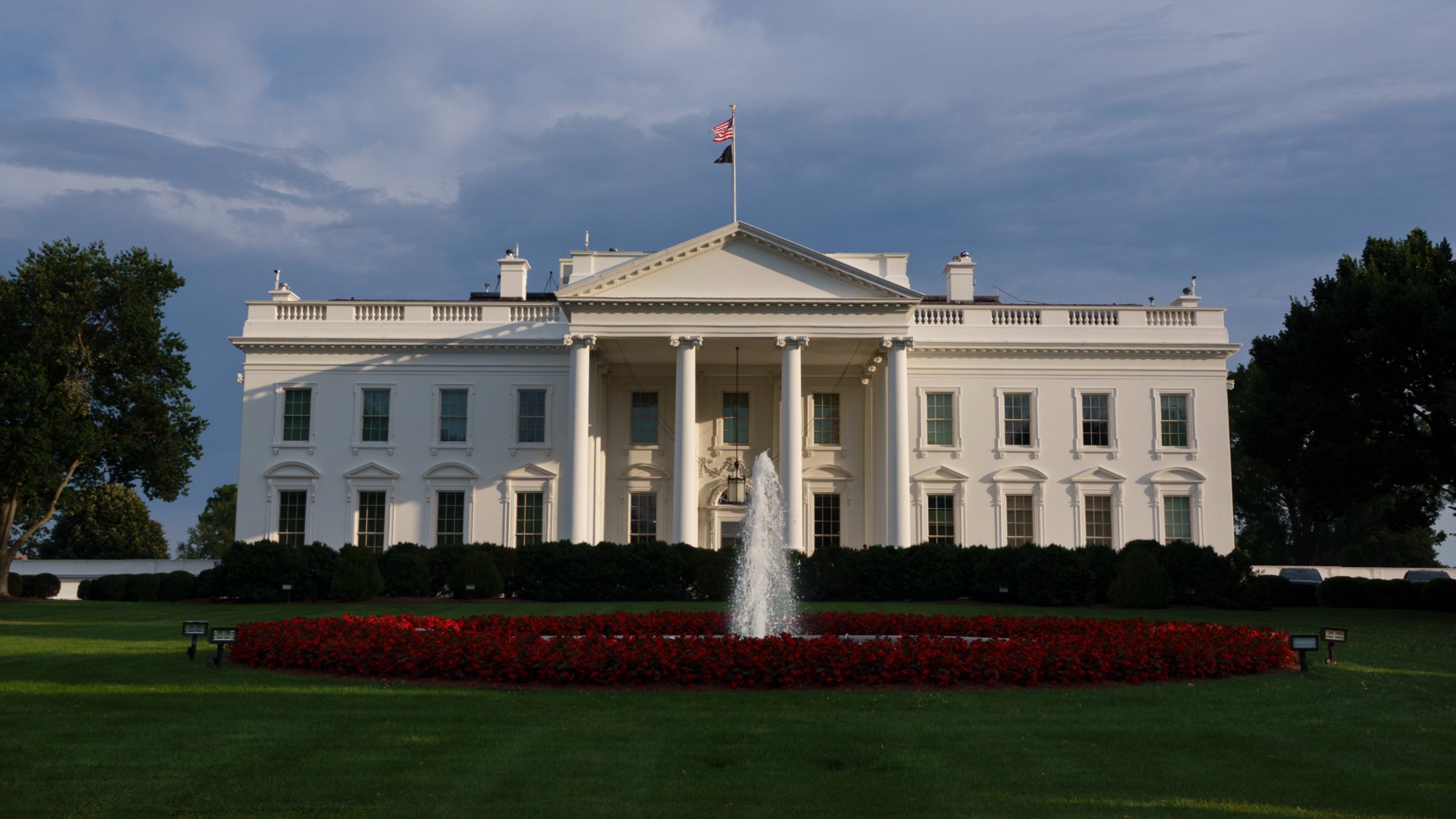 Congress should 'step in' to block Trump's White House ballroom makeover
Congress should 'step in' to block Trump's White House ballroom makeoverInstant Opinion Opinion, comment and editorials of the day
-
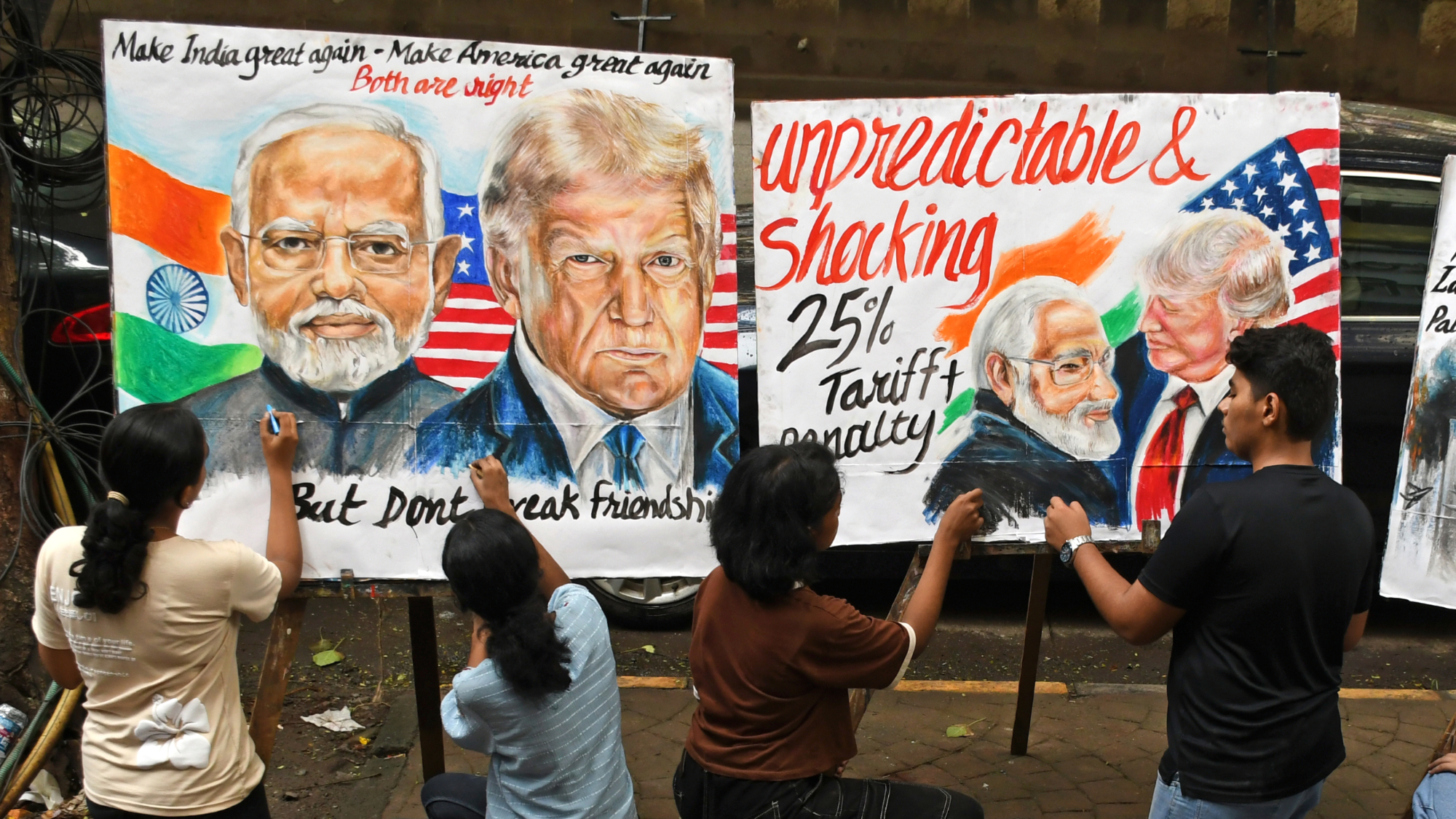 India rejects Trump threat over Russian oil
India rejects Trump threat over Russian oilSpeed Read The president said he would raise tariffs on India for buying and selling Russian oil